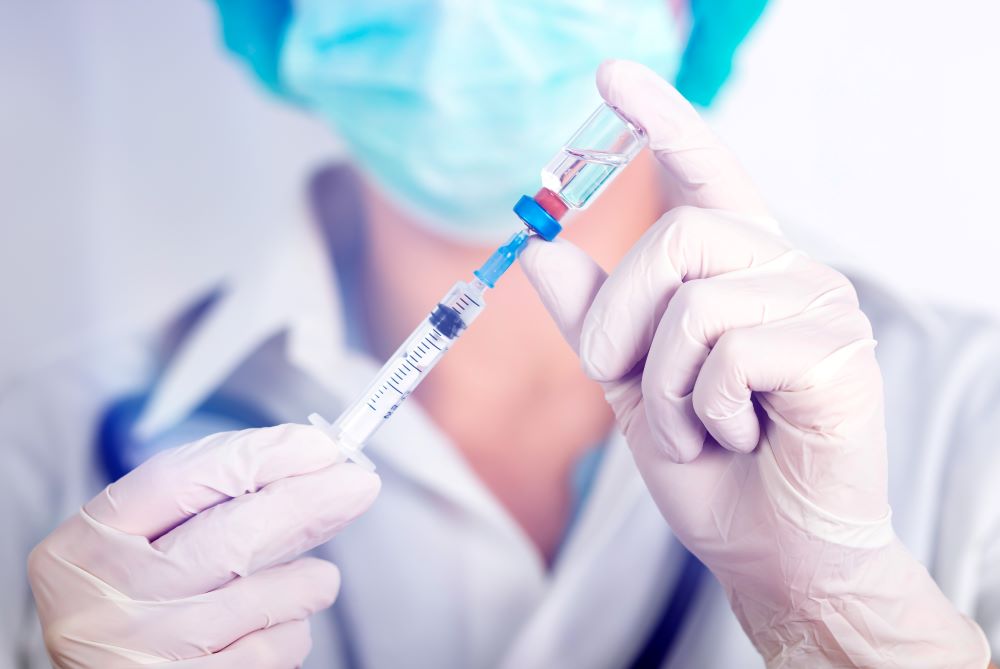
Severity
Preventing COVID-19 is an important objective of any coronavirus vaccine but preventing infected people from developing severe symptoms is just as important, if not more, given that severe symptoms can be lethal.
Since Pfizer and BioNTech haven’t reported a breakdown of severe cases, Moderna seems to have the upper hand in this matter. According to Moderna officials, of the 90 patients in the placebo groups, 11 developed severe symptoms, as opposed to zero cases of severe symptoms in the vaccinated group. This means 12 percent of all placebo cases. But with only five patients developing COVID-19 in the group receiving the vaccine, so far, we cannot draw a clear conclusion about the lack of severe cases.
Manufacturing and distribution
Being the first to announce a landmark coronavirus vaccine, Pfizer and BioNTech are planning on making the most of their advantage. The group announced their intention to manufacture around 50 million doses in 2020 and around 1.3 billion doses in 2021. Moderna, on the other hand, announced they will produce up to 20 million doses of mRNA-1273 for the United States by the end of 2020 and as many as 1 billion doses in 2021 for worldwide use.
In terms of distribution, Moderna’s vaccine seems to have the upper hand. Their vaccine can be stored in a refrigerator for up to 30 days, in a freezer at -20 degrees Celsius for up to six months and at room temperature for up to 12 hours. Pfizer’s BNT162b2 requires long-term storage at -80 degrees Celsius and distribution in special freezers lined with dry ice, something many hospitals in rural areas will not be able to afford. It can be kept in the refrigerator for only 24 hours.























